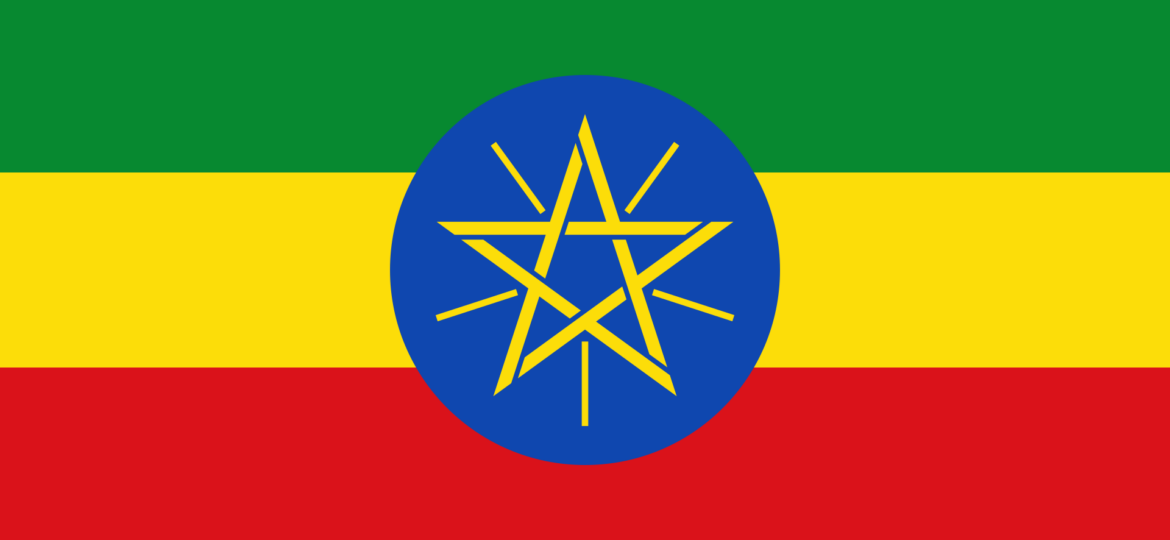
ProtectDefenders.eu has received worrying information on the recent measures enacted by the Ethiopian Authority for Civil Society Organizations (ACSO) to shut down at least 1,504 Civil Society Organisations (CSOs).
This measure was motivated by the failure of CSOs to submit their annual reports, following the revision of the Civil Society Organizations Proclamation of 2011. This law mandates that CSOs submit an annual report detailing their main activities within three months of the fiscal year’s end. Failure to comply with this requirement results in a public summons by the authority, and the subsequent dissolution of the organisation.
The CSOs have been struggling to comply with the obligations of the ASCOs to produce these reports, due to their under-funding, as they do not have the material capacities to fulfill the heavy administrative requirements imposed on them. These systematic closures severely impact civil society, creating a climate of fear, isolation, and stigmatisation among the affected CSOs as well as other civil society actors in Ethiopia. This radical measure is effectively silencing civil society organisations and actors, and appears to be a punitive response for their legitimate activities.
This unprecedented crackdown is part of an ongoing general repression against civic space and human rights defenders. In recent months, prominent human rights organisations in the country have been subjected to an increase of acts of intimidation, harassment, and threats by the authorities, including the ACSO, and several human rights defenders and journalists have been arbitrarily detained.
A report from the Ethiopian Press Freedom Defenders, a collective of Ethiopian media professionals, found that around 200 journalists have been arrested by the Ethiopian government since 2019, leading to heavy consequences for the state of freedom of the press in the country. In this respect, Consortium partner RSF reported on the recent release of three journalists, including Belay Manaye and Tewodros Zerfu, arbitrarily detained for their coverage of the conflict in the Amhara region, which has been beset by tensions between the federal army and nationalist militias since April 2023. Their arrest was ordered under a state of emergency decree. They had spent between seven and ten months in detention under a state of emergency law. Though, five other journalists are still being held by the Ethiopian authorities. The state of emergency was launched in August 2023, authorising the arrest of civilians without a court warrant. However, no charges were ever brought against the journalists.
As Consortium partner OMCT stated in a recently published report, in 2018 Ethiopia introduced a number of vital reforms which led to the release of thousands of detainees, ended the no-war-no-peace status quo with Eritrea, expansion of the civic and political space and repeal of draconian laws, such as the Anti-Terrorism and Civil Society Law Proclamations, which were previously used to repress human rights. While initial first steps have been taken towards improving the human rights environment in the country, a persistence of old-style patterns of violence perpetrated by the security forces threatens to derail sustained long-term gain.
Extra-judicial killings by the government and non-state actors; enforced disappearance, harsh and life threatening prison conditions; arbitrary arrest and serious abuses in conflicts; unlawful recruitment or use of child soldiers; gender based violence including rape are among the most prevalent incidents causing grave human rights violations in Ethiopia.
The right to life and liberty have been the most threatened rights in the country. Thousands of civilians were extra judicially executed by government security forces. The country set a world record for displacements with over 5 million displaced people in 2021. Freedoms of expression, movement, and peaceful assembly have been curtailed. According to Committee to protect Journalists (CPJ), the country has been recorded as the second-worst jailer of journalists in sub-Saharan Africa, in 2023. There has also been widespread arbitrary arrest and detention of innocents in the country. Meanwhile, impunity has continued to be rampant.
In general, despite the promising reforms enforced in 2018 following the appointment of the 2019’s Novel Peace Prise winning Prime Minister – Abiy Ahmed, the human rights situation of Ethiopia has significantly deteriorated.


